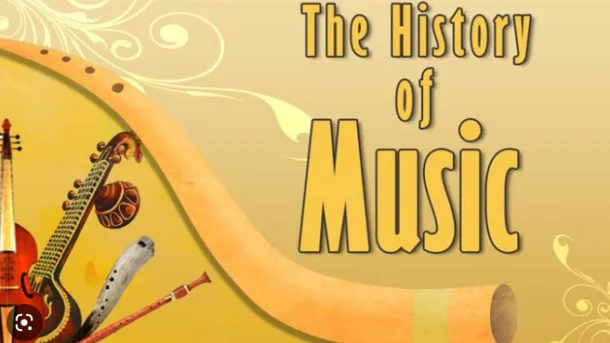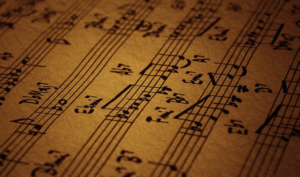The 1990s were a time of experimentation in music, with many artists looking to push the boundaries of their genres. One such collaboration that emerged during this time was between the French rock band Billy Ze Kick and the Gypsy Kings. This collaboration would go on to become a landmark moment in the history of world music. Fusing different cultural and musical styles in a way that had never been done before.

The Collaboration
The collaboration between Billy Ze Kick and the Gypsy Kings was born out of a desire to experiment with different styles of music. Billy Ze Kick, formed in the late 1980s, was a relatively new band that had gained a following in France for their unique blend of rock and reggae. The Gypsy Kings, on the other hand, had been playing traditional flamenco music for years and had gained a following in Europe and beyond.
When the two groups came together in the early 1990s, they were able to create a unique fusion of rock, flamenco, and gipsy music. This collaboration challenged traditional notions of genre and culture and opened up new possibilities for cross-cultural collaboration.
The Music
The collaboration between Billy Ze Kick and the Gypsy Kings resulted in an album titled “Billy Ze Kick et les Gamins en Folie,” which was released in 1993. The album featured songs like “Mangez-moi! Mangez-moi!” and “Moi j’aime pas les rhododendrons,” which showcased the fusion of different musical styles.
The album was well-received by critics and fans alike, with many praising how the two groups had come together to create something new and exciting. The album also helped to bring both Billy Ze Kick and the Gypsy Kings to a wider audience, with the two groups gaining fans from all over the world.
The Impact
The collaboration between Billy Ze Kick and the Gypsy Kings had a significant impact on the world of music, paving the way for further experimentation and collaboration in world music. The fusion of different cultural and musical styles created a new sound that had never been heard before, inspiring other artists to incorporate elements from different cultures and genres in their work.
The collaboration also helped to break down barriers between different cultures . This showed that music can bring people together regardless of their backgrounds or beliefs. This message was particularly important in the 1990s, a time when the world was becoming increasingly globalized and multicultural.
Breaking Down Cultural Barriers
The collaboration also helped to break down cultural barriers, both in France and around the world. The Gypsy Kings, who were of Spanish-Romani descent, had faced discrimination and marginalization throughout their lives. Through their music, they were able to share their culture with a wider audience and challenge stereotypes. Similarly, Billy Ze Kick’s political lyrics spoke to a generation of young people who were disillusioned with politics.
The collaboration between the two can be seen inspired other musicians to explore the possibilities of collaboration. The world music scene was never the same after “1, 2, 3, Soleil” was released . The album’s influence can be heard in countless other projects that blend different styles and traditions. The collaboration also helped to broaden the audience for world music . This introduced new listeners to the rich and diverse musical traditions of cultures around the globe.
The Making of “1, 2, 3, Soleil”
Encouraged by the success of “Mangez-Moi!”, the two groups created an album called “1, 2, 3, Soleil”. The album featured a mix of new compositions and covers of classic songs . They even did a version of Bob Marley’s “No Woman, No Cry” that was sung in both French and Spanish. The album was a huge success, selling over a million copies and earning numerous awards.
What made the collabo between the two so groundbreaking was how it brought together two very different musical traditions. On one hand, you had the raw energy and political commentary of punk rock. On the other hand, you had the lush melodies and intricate guitar work of flamenco and salsa.
Conclusion
In conclusion, the collaboration between Billy Ze Kick and the Gypsy Kings was a great collabo. The fusion of different cultural and musical styles created a new sound . This sound challenged traditional notions of genre and culture and opened up new possibilities for cross-cultural collaboration.




